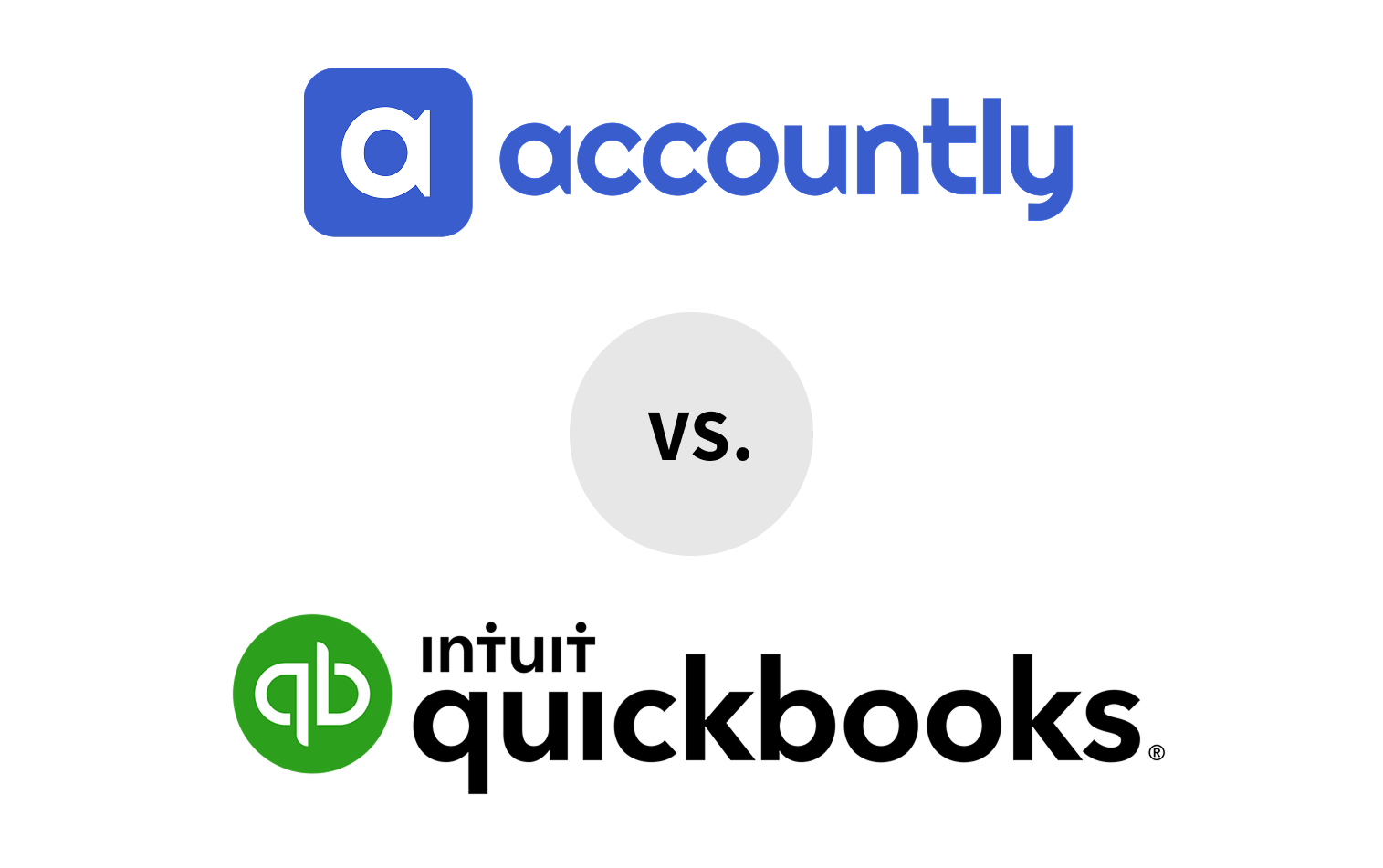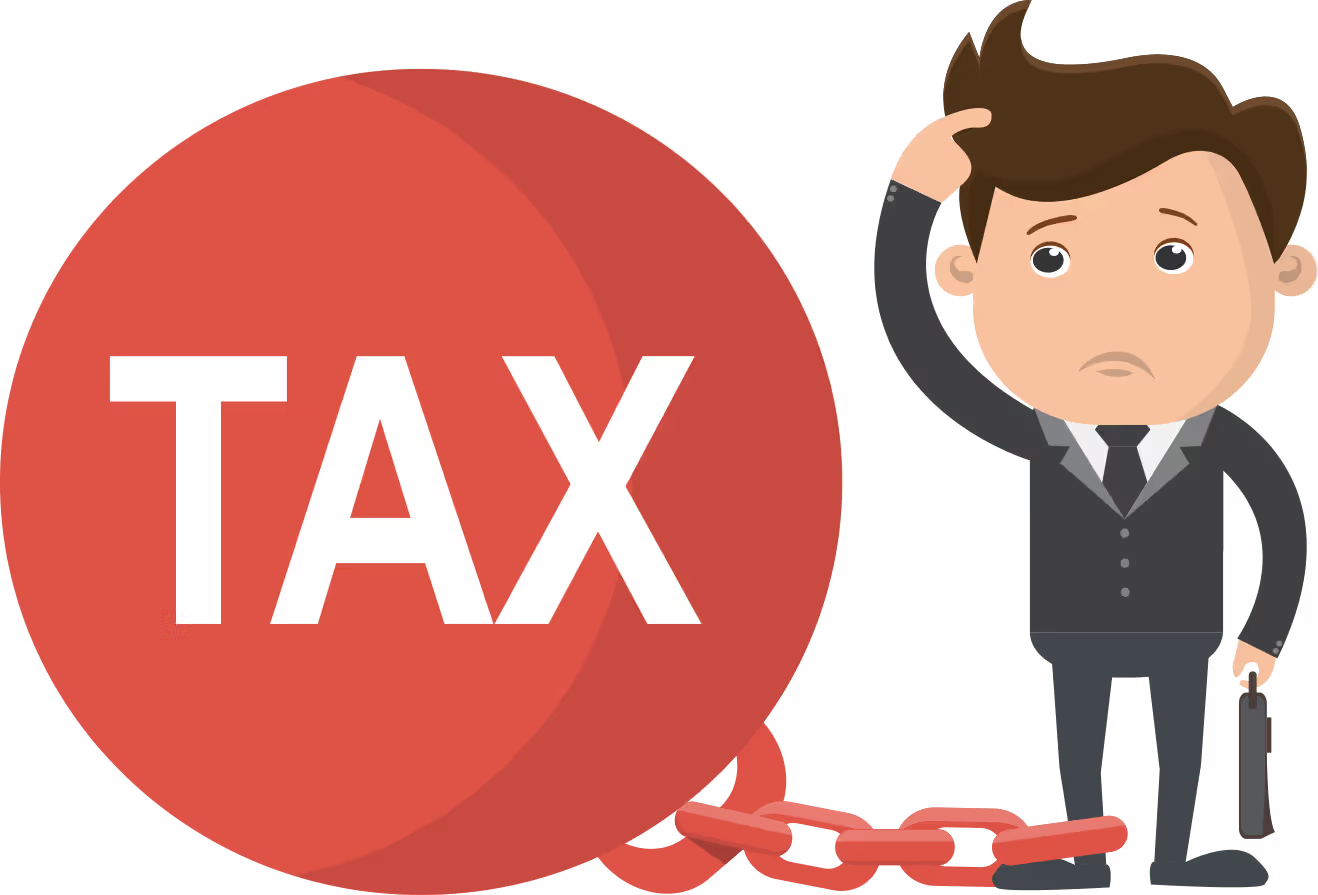When you became a real estate agent, did you also realize you were becoming a small business owner with bookkeeping and tax obligations? 😅 Many new agents are so focused on clients and deals that they neglect the financial side of their business. This part of our series will give you practical guidance on managing your money, tracking your expenses, and staying on the Canada Revenue Agency (CRA)’s good side. Fun? Maybe not the most fun – but absolutely essential.
Understanding Your Self-Employed Status
Unless you’re one of the rare agents on a salary, as a real estate agent you’re typically an independent contractor. That means no regular paycheck, no automatic tax withholdings, no company pension or benefits. You are You Inc. from a tax perspective. Here are key implications of being self-employed:
- Income tax is not deducted at source: When you close a deal and your brokerage pays out your commission, they don’t withhold income tax like an employer would. If you net $10,000 commission, you get the full $10,000 (minus any brokerage splits/fees). It’s on you to report that as income and pay the appropriate taxes later.
- You pay CPP contributions yourself: Ever noticed CPP (Canada Pension Plan) deductions on a paystub in a past job? As a self-employed individual, you must pay both the employee and employer portions of CPP on your net income. For 2025, that’s roughly 11% on earnings up to the annual maximum (exact rates vary by year) . Translation: if you make significant income, you could owe a few thousand in CPP contributions come tax time in addition to income tax. This is another reason to set aside a good chunk of each commission for the CRA.
- You might have to pay tax in installments: If you have a hefty tax bill one year, the CRA may require you to pay quarterly installments in the following year. Many realtors fall into this once they start earning a decent income. It basically means paying your next year’s taxes throughout the year (in March, June, Sept, Dec) instead of all at once in April.
- Deadline differences: One small perk – since you’re self-employed, the CRA gives you until June 15 to file your income tax return (instead of April 30). However, any tax owing is still due by April 30, so don’t wait until June to actually pay!
The GST/HST Question: To Register or Not to Register?
Another thing new agents often miss: the GST/HST. Real estate services (your commissions) are subject to GST/HST, which means if you are considered a “taxable supplier,” you need to charge this tax on your services. Here’s the deal:
- Small supplier threshold: In Canada, if your business revenues are under $30,000 in a 12-month period, you’re considered a “small supplier” and not required to register for GST/HST . In practical terms, if you sell just one house and make $20k commission in your first year, you technically don’t have to register or charge GST/HST.
- Why you might register anyway: Many new agents elect to register for HST early, even before hitting $30k. Why? Because if you’re registered, you can claim Input Tax Credits (ITCs) to get back the GST/HST you pay on your business expenses . For example, if you buy a new laptop for $1,130 (including $130 HST) for your business, and you’re HST-registered, that $130 can be claimed back. Also, if you think you’ll exceed $30k soon, it’s simpler to just start charging the tax from the get-go than to suddenly add it later (clients don’t like surprise taxes).
- When you must register: Once you do exceed the $30,000 threshold in a calendar quarter or over four consecutive quarters, registration is mandatory. You are supposed to register within 29 days of the effective date of passing $30k . Practically, if you close a few deals and hit ~$31k in commissions by summer, it’s time to get your GST/HST number.
- Charging and remitting: If you’re registered, on each commission cheque you’ll essentially be charging an extra 5% (GST) or 13-15% (HST, in participating provinces) on the service. Often the brokerage’s commission disbursement will add HST on top of your portion, which the brokerage then forwards to you so you can remit it to CRA. Just remember, that HST belongs to the government, not you, so don’t spend it! Set it aside (better yet, open a separate savings account for tax money).
- Filing HST returns: Depending on your expected revenue, CRA will put you on an annual, quarterly, or monthly filing for GST/HST. Many new agents start on annual (one return per year). It’s a simple filing where you report the HST you charged minus the HST you paid on expenses, and pay the net difference. If your input credits exceed what you collected (common in a slow start year), you’d get a refund.
If all this sounds complicated – well, it can be. The good news is a good accountant or bookkeeper can guide you, and there is user-friendly software (or even CRA’s online account) to file these returns. The key takeaway is don’t ignore GST/HST if you’re doing well – failing to register or remit when required can lead to nasty penalties .
Bookkeeping Basics: Track It All (Yes, All of It)
If you’ve never maintained books before, now is the time to build good habits. Keeping accurate records isn’t just bureaucracy – it directly affects how much tax you’ll pay (or save). Here’s how to stay on top of your finances:
- Have a separate bank account (and maybe credit card) for your business: This isn’t a CRA rule, but it’s a smart practice. Mixing personal and business transactions in one account is a recipe for bookkeeping headaches. Instead, deposit your commission cheques into a dedicated “business” account. Use that account or a dedicated credit card for paying any business expenses. This way, when tracking, you mostly just have to review that account’s statements.
- Save every receipt and invoice: Whether it’s a $5 parking receipt at a condo showing or a $500 course fee, keep documentation. CRA requires proof for expenses you claim. Go digital if possible – there are apps that let you snap photos of receipts, or simply use folders on your computer. Many agents scan or photograph receipts and file them by month.
- Use a bookkeeping software: When you first start out, a simple spreadsheet may handle your income and expenses. As your business grows, switch to dedicated software such as Accountly, which categorizes transactions automatically, and generates tax-ready reports. Our platform is priced for self-employed professionals and removes most manual data entry. If you decide software isn’t for you, consider hiring a bookkeeper to reconcile your records monthly or quarterly.
- Track mileage if you drive for work: Real estate agents drive a lot. Mileage or auto expenses are a big tax deduction. To claim it, you need a log of business travel. Consider using a mileage tracking app that can automatically record trips . At the very least, jot down odometer readings and destinations for client-related trips in a notebook or spreadsheet. CRA loves to see a log if they ever audit your auto claims.
- Keep personal vs. business use separate: Remember, you can only deduct the business portion of expenses . So if you have one mobile phone, and you use it 80% for business and 20% for personal, you should only deduct 80% of your phone bill. Same with home internet, car use, etc. Be reasonable and honest in estimating – CRA can and does ask to justify these percentages.
- Stay on top of it monthly: The best time to organize your books is now, not next April. Set aside a little time each week or month to update your income/expense records. This prevents the shoebox full of receipts nightmare. One strategy is to treat yourself like an employee – schedule a recurring “finance meeting” with yourself on the first weekend of each month to review the previous month’s numbers. Consistency is key .
And above all – don’t hesitate to consult a professional. A session with an accountant early on can educate you on what to track and how. As your business grows, having a reliable accountant (ideally one who understands real estate agents’ needs) is golden. They’ll ensure you’re claiming everything you can and keeping you compliant with CRA rules .
Key Things to Register For or Set Up
To get your financial ducks in a row, here’s a handy checklist of registrations and accounts a new agent in Canada should consider:
- CRA Business Number: If you register for GST/HST, you’ll get a business number (BN) with a GST/HST account. Even if you don’t need HST right away, once you’re earning commission, you are technically a small business and could register for a BN (sole proprietorship). This also makes it easier if you need to hire staff or do other CRA program things later.
- GST/HST account: As discussed, register when required (or voluntarily early).
- Payroll account (maybe later): Most new agents won’t need a payroll account with CRA unless you hire an assistant or have staff. But if one day you decide to pay a receptionist or your spouse as an assistant, you’d need to set up payroll for source deductions.
- Provincial tax accounts: In some provinces (like Quebec), there might be separate tax IDs for provincial sales tax or revenue ministry filings. Make sure you know what applies in your province.
- Business license (municipal): Check if your city requires a business license for independent agents or home-based businesses. Many don’t enforce this for realtors, but it’s worth a quick look at your municipality’s regulations.
- Trade name registration: If you plan to brand yourself as “Jane Doe Homes” or “Smith Realty Team” (even when you’re just one person), some provinces require registering that trade name or DBA (Doing Business As). However, if you’re using just your personal name, this is usually not needed. (Remember, your brokerage’s name will always have to appear in your ads too, as per regulations.)
Best Practices to Stay Financially Healthy
Beyond the basics of registering and tracking, here are some pro tips for financial success as a new agent:
- Budget for slow periods: Real estate income is irregular. You might have a $20k month followed by a goose egg. It’s crucial to save during the fat times to survive the lean. Create a simple budget for your personal expenses and business expenses. If you hit a big commission, resist the urge to spend it all. Pay off any debts, set aside taxes, then save an emergency fund for the dry spells.
- Save 25-30% of every commission for taxes (repeating because it’s that important!): Many realtors forget to set aside money for the tax man. A smart rule of thumb is to immediately transfer roughly a quarter of each commission into a separate savings account earmarked for tax time . Come next April, you’ll be so glad you did. If it turns out you saved too much, that’s just extra cash for you. But if you don’t save enough… 🥴
- Keep business and personal credit separate: If possible, have a dedicated credit card for business purchases (gas, supplies, etc.). Not only does this simplify tracking, but many business credit cards also give better cashback or rewards for gas, office supplies, phone bills, etc. Just don’t carry a large balance month to month – interest costs are not a wise use of your commission dollars.
- Hire professionals for what you’re not good at: You’re great at selling houses, not at filing taxes? No problem – budget some money for a professional accountant at year-end. They’ll often save you more in taxes (and stress) than they cost. Same goes for bookkeeping if you truly hate it: paying a bookkeeper a few hundred bucks quarterly might free you to focus on clients instead of Spreadsheets or give Accountly a try!
Staying on top of taxes and bookkeeping may not be the thrilling part of real estate, but it will make or break your business. The relief of knowing your finances are in order (and that you won’t get a scary letter from CRA) is well worth the effort. Plus, when you treat your finances professionally, you’re treating your career like the business that it is – and that mindset will set you apart as a true professional.
Disclaimer
The information provided in this guide is for general informational purposes only and is not intended as accounting, tax, business, or legal advice. Accountly does not provide professional services or act as your accountant, tax advisor, or lawyer. No client relationship is created by your use of this material. Always seek advice from qualified professionals who understand your particular circumstances before acting on any information contained herein.




